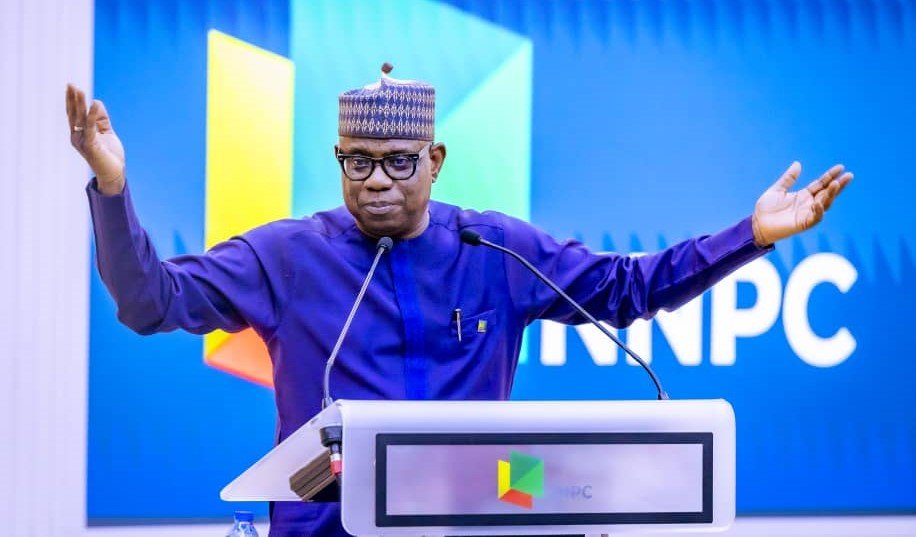THE Group Chief Executive Officer of the Nigerian National Petroleum Company Limited (NNPCL), Bashir Ojulari, has warned that crude oil theft in Nigeria and across Africa is not merely a localised crime but a sophisticated operation driven by international and continental syndicates exploiting security lapses.
Ojulari made the declaration on Monday at the opening of the Africa Chiefs of Defence Staff Conference in Abuja, where military chiefs and global stakeholders gathered to deliberate on pressing security challenges facing the continent.
“Crude theft and its attendant illegal activities are by no means a purely localised occurrence; rather, these operations involve specialised international syndicates that take advantage of gaps within the state, national and continental security architecture to conduct illegal activities,” he told the gathering of Africa’s top defence leaders.
According to the NNPCL boss, crude theft has continental and international dimensions, requiring holistic collaboration among African states to dismantle the networks.
He stressed that energy security and national security are intertwined, noting that: “Security forms a key pillar of the energy business and therefore plays a very important and strategic role in achieving national, regional and continental energy security goals.”
Ojulari, who heads Africa’s largest national oil company, said forums like the defence chiefs’ summit should be encouraged to strengthen cross-border cooperation in combating organised energy crimes.
Despite acknowledging the scale of international involvement in crude theft, Ojulari assured that Nigeria has recorded remarkable progress in curbing oil theft and pipeline vandalism, particularly in the Niger Delta.
He revealed that oil receipts at terminals, which had previously dropped to as low as 20–30%, have now rebounded to nearly 100%, thanks to intensified military and intelligence operations.
“The dilapidating impact of crude theft, low pipeline availability and attacks are issues that have become stories of the past for us.
“Today, I can proudly report to you all that our pipelines and terminals’ receipt of crude oil… is attaining close to 100% due to the support of the security forces and the intelligence agencies,” he stated.
Ojulari commended security operatives for their “immense and intentional efforts,” which he said had restored stability in Nigeria’s oil-producing regions.
The Abuja conference drew a star-studded list of leaders, underscoring the importance of collective security in Africa.
Notable dignitaries included: The United Nations Deputy Secretary-General, Amina Mohammed; Vice President Kashim Shettima, who represented President Bola Tinubu; Nigeria’s National Security Adviser, Nuhu Ribadu; Nigeria’s Chief of Defence Staff (CDS), General Christopher Musa; ECOWAS Commission President, Omar Touray; Chairperson of the African Union Commission, Mahamoud Youssouf; former Permanent Representative of Nigeria to the United Nations, Ibrahim Gambari; and the Chairman of the Federal Inland Revenue Service (FIRS), Zacch Adedeji.
Their presence, analysts say, reflects a growing recognition that oil theft, piracy, terrorism, and transnational crime are linked and must be addressed collectively.
Ojulari’s warning and the conference deliberations may therefore signal a new pan-African front against resource-related crime, one that blends military cooperation with economic safeguards.







